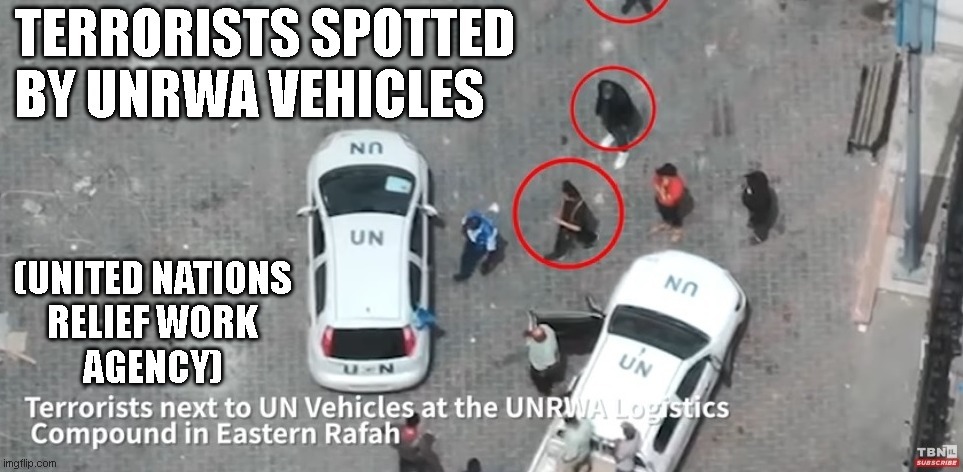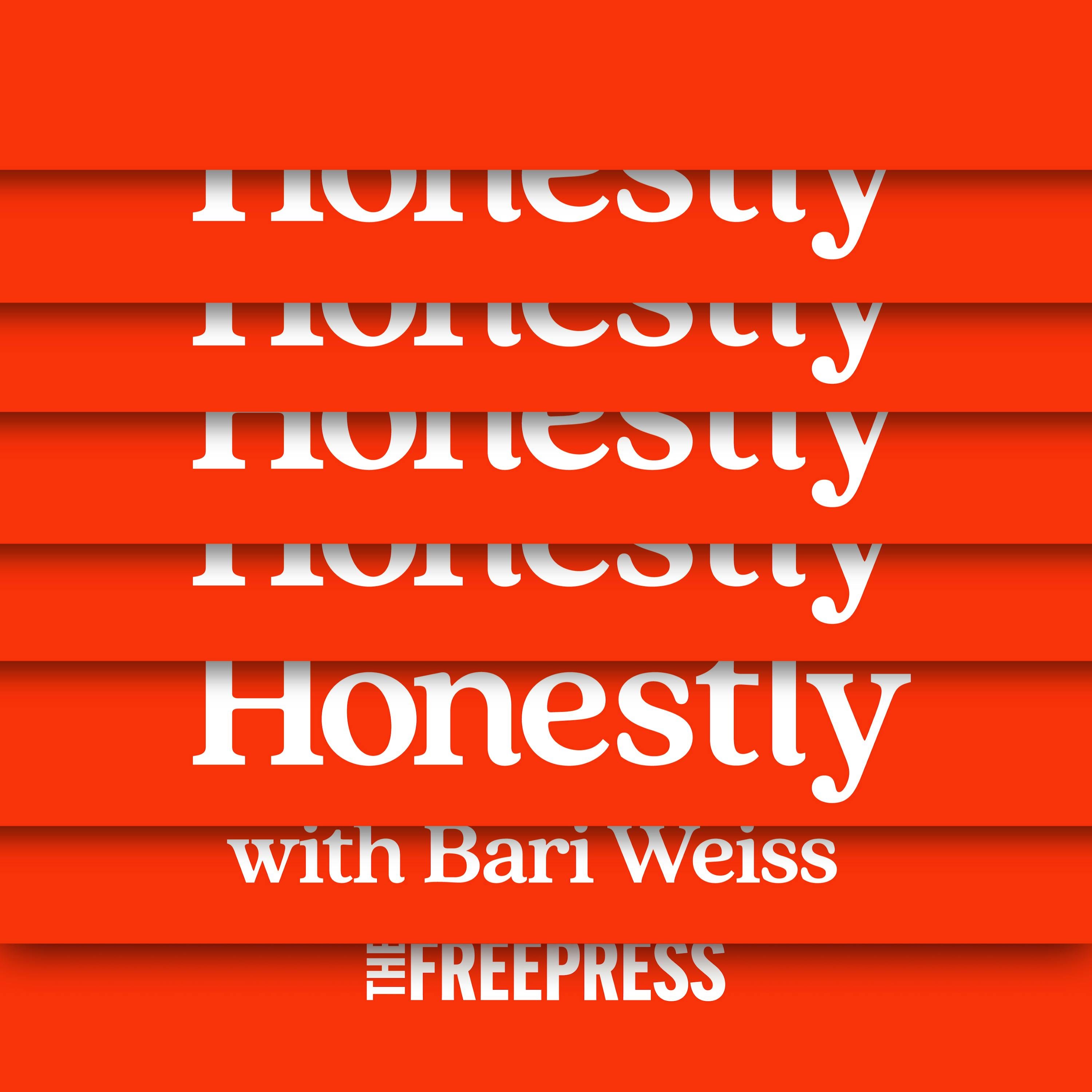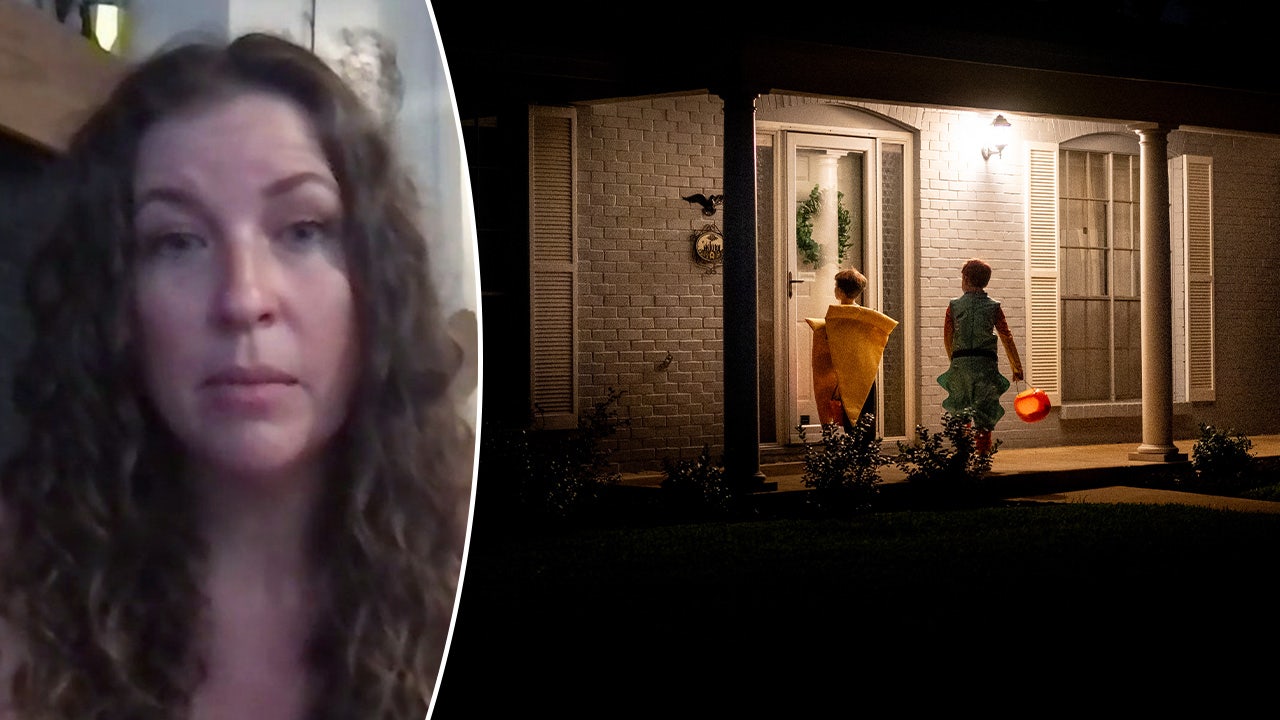The Heartwood-Northwestern Symposium: A Groundbreaking Gathering Centering Survivors of Sexual Violence in Buddhism
Lion's Roar ^ | October 30, 2024 | Mariana Restrepo
Posted on 10/30/2024 11:09:08 PM PDT by Morgana
This past weekend, the Heartwood-Northwestern Symposium on Sexual Violence in Buddhism: Centering Survivor’s Voices took place at Northwestern University in Chicago. This groundbreaking gathering brought together a diverse group of participants to address the sensitive subject of sexual abuse within Buddhist communities, which is often overlooked in academic and scholarly settings. It was my honor to be invited to attend as a member of the Buddhist media, an ally, and someone who’s been part of several Buddhist communities affected by guru abuse. “It was truly transformational to have people from diverse backgrounds come together to openly discuss abuse within Buddhist communities, especially around the sensitive topic of sexual abuse.”
The event was co-organized by Buddhist studies scholars Sarah Jacoby, Amy Paris Langenberg, and Ann Gleig and Heartwood Center founder Nancy Floy, all of whom share a vision to provide a safe and collaborative environment for survivors, scholars, monastics, and allies to engage in open dialogue on the complexities of this issue. According to the organizers:
Sexual abuse in Buddhism cuts across lineages and occurs in multiple cultural contexts with devastating consequences for its victims, often with collateral damage to its communities. Yet Buddhist Studies has failed to acknowledge it as a structural problem, an aspect of Buddhist history, institutions, and even doctrines, and one that is deserving of scholarly attention. We feel this is an ethical as well as intellectual failure in our field and are committed to changing it through survivor-centered scholarship and pedagogy.
The daylong symposium featured presentations from Tenzin Dadon and Karma Tashi Chodron, choelas (female monastics) from Bhutan and Malaysia, who discussed issues of sexual abuse within Tibetan Buddhist contexts, and Dr. Chandana Namal Rathnayake, a psychotherapist and former monastic from Sri Lanka, who presented his work on Buddhism and sexual abuse within the Sri Lankan monastic community. These two presentations underscored the societal structures and cultural and institutional factors that enable such abuse, highlighting issues that contribute to this tragic cycle. They courageously spoke about the pain that abuse brings to survivors while also acknowledging the complex cultural and psychological contexts that can lead individuals to become perpetrators.
Somtsobum, a Tibetan graduate student, shared her research on gender and violence narratives in Tibetan literature, highlighting how cultural narratives can reinforce gender-based violence. Lama Willa Blythe Baker offered a personal account of coming forward as a survivor of guru sexual abuse. She shared her 10-step “playbook” for breaking the silence, a practical roadmap for survivors considering coming forward, either publicly or privately. Carol Merchasin, a leading lawyer specializing in cases of sexual misconduct within religious and spiritual communities, spoke on the legal options available for survivors, highlighting both the promise and limitations of pursuing legal recourse, including the lengthy, often painful process of litigation. Merchasin emphasized that, for many survivors, the process of legal action can provide a sense of validation, support, and community connection.
The event also included two impactful roundtable discussions. The first was an emotionally charged conversation that highlighted the deep human toll of abuse in spiritual communities featuring survivors of guru sexual abuse from different buddhist lineages, including Zen, Theravada, and Tibetan traditions. These survivors shared their personal experiences and discussed the lasting impact of abuse on their lives. The event concluded with a roundtable discussion of Buddhist studies scholars, examining how the field can support survivors within Buddhist communities.
The symposium served as the public portion of a three-day conference held at the Heartwood Center, which included two survivor-only days dedicated to healing and connection. According to the organizers:
Three things are particularly significant about the conference. 1) As far as we know, it was the first academic conference in the history of Buddhist Studies to focus on sexual violence. 2) It took a survivor-centered approach. We worked closely with survivors throughout the planning process of this event, from the grant application, which includes funding for two years of therapy, to inviting survivors to attend and to present at the conference. 3) It centered global representation. Our presenters included nuns from Bhutan and Malaysia, a psychotherapist and former monastic from Sri Lanka, and a Tibetan graduate student.
It was truly transformational to have people from diverse backgrounds come together to openly discuss abuse within Buddhist communities, especially around the sensitive topic of sexual abuse. As Damchö Diana Finnegan, former monastic and scholar of Buddhism, remarked, “Whereas Buddhist communities so often turn away from survivors’ experiences to form a protective circle around the abuser, it was healing for many survivors to recover their voices in this public setting.”
This pioneering gathering paves the way for ongoing conversations on the topic of abuse in Buddhist communities. It created a supportive network of individuals from different backgrounds committed to continuing this critical work, encouraging continued dialogue to “further academic and survivor collaborations across cultural contexts.” According to the organizers, the event has been very well received: “Survivors reported feeling that their voices had been heard by scholars for the first time, and academics shared that the event has inspired them to tackle abuse in their scholarship and pedagogy.” The symposium ended with a shared sense of purpose and determination, recognizing that this event was not an endpoint but a promising beginning for fostering awareness, accountability, and healing within Buddhist communities worldwide. As Damchö Diana Finnegan put it, “The hope is that by placing abuse in Buddhist communities on scholars’ radar, we gain a fuller understanding of what goes on within the ‘institutional ecosystem,’ as Dr. Rathnayake calls it. In that way, people come with a more realistic understanding of what they may encounter in Buddhist spaces, and so are better able to recognize and address abuse when it occurs.”
Looking ahead, the symposium’s organizers expressed their intent to make these presentations publicly available and to develop resources that support both survivors and practitioners. To further this effort, I created a dedicated page on Confronting Abuse in Spiritual Communities, part of Buddhadharma’s “Deep Dive” series, in order to share it with attendees as well as you, the Buddhadharma reader. This page compiles resources for survivors seeking guidance and articles on abuse within Buddhist communities published over the years by Buddhadharma and Lion’s Roar, featuring work by Lama Willa Blythe Baker, Damchö Diana Finnegan, Ann Gleig, Amy Paris Langenberg, and more. All articles and resources are also available in Spanish.
TOPICS: Eastern Religions
KEYWORDS:
Dear FRiends, Our FReepathon Status:
For the time being, we will not be able to accept credit card donations, but our PayPal system still works, and of course mail-in donations still work fine.
By the way, it seems you don't need to have a PayPal account to use this feature. You can also donate by debit or credit card on the PayPal page.
Click here to donate by PayPal or credit/debit card
Or by mail to: Free Republic, LLC - PO Box 9771 - Fresno, CA 93794
Thank you all very much, and God Bless you.
Jim and Chris
1 posted on 10/30/2024 11:09:08 PM PDT by Morgana
Disclaimer: Opinions posted on Free Republic are those of the individual posters and do not necessarily represent the opinion of Free Republic or its management. All materials posted herein are protected by copyright law and the exemption for fair use of copyrighted works.
FreeRepublic.com is powered by software copyright 2000-2008 John Robinson

 By Free Republic | Created at 2024-10-31 06:14:26 | Updated at 2024-10-31 09:29:21
3 hours ago
By Free Republic | Created at 2024-10-31 06:14:26 | Updated at 2024-10-31 09:29:21
3 hours ago



